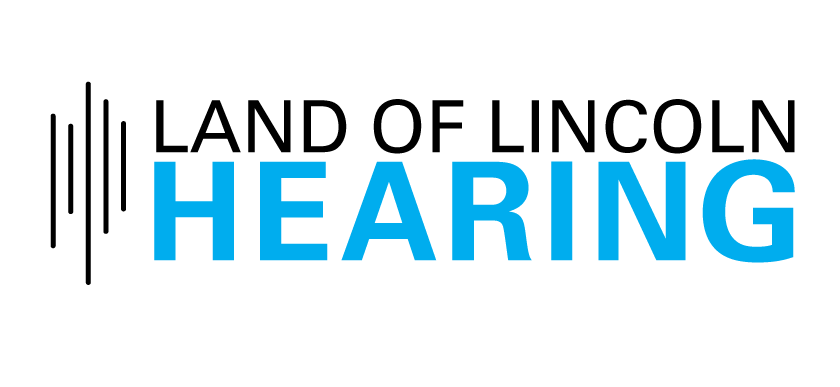Social distancing doesn’t have to equal isolation for people with hearing loss
/Having worked with patients with hearing loss for many years, I am always incredibly excited when they make the decision to move forward with hearing healthcare through one of our member clinics. The years of social isolation that they’ve felt in experiencing hearing loss is magically lifted with appropriate amplification. This may sound like an overdramatization and, honestly, it might be. But I could spend days telling you story after story that our patients have told us about how hearing aids have restored their connection to the loved ones around them.
We are in a unique time
The social engagement that hearing aid wearers are able to pursue and enjoy is now being limited by instructions to stay socially distant. Further, these social distancing efforts create a compounding issue for people with untreated hearing loss. Studies have shown a correlation and association between hearing loss, social isolation, and lower quality-of-life measures in normal social arrangements [1] [2]. In times such as these, when we are encouraged to be further apart from each other to avoid community-based virus spread, our friends and community members with hearing loss are likely feeling more isolation than ever before.
Modern hearing aids help you stay connected and engaged
With this unique time comes an opportunity for people with hearing loss and the communities around them. First, technology offered today in hearing instruments from companies like Starkey, make remote programming and fitting possible. As many hearing devices today are smartphone capable and compatible, Chicagoland Hearing Aid Centers' professionals can reach out to remotely fit, fine tune, and adjust hearing devices better than ever before.
If you have a hearing loss and you find this time particularly difficult to cope with because of your hearing impairment, reach out to your local hearing healthcare provider for help! Chicagoland Hearing Aid Centers have developed protocols and procedures to keep their patients safe and keep people with hearing impairments from having to go without care.
Secondly, if you know people in your community struggling with hearing loss, know that they are likely having a difficult time — especially right now as we try to “flatten the curve” and comply with social distancing measures. Reach out to them proactively to check in on them to see how they are doing, if they need any assistance, or quite simply just to chat.
Right now, more than ever, they’re likely feeling isolated from the world around them. A kind gesture of just a simple phone call or a conversation at six feet apart can mean a world of difference to someone with hearing loss during this already challenging time.
Contact Land of Lincoln Hearing today to set up your first telehealth appointment! Click here.
The Association between Hearing Loss and Social Isolation in Older Adults Paul Mick, MD, MPH, FRCSC, Ichiro Kawachi, MD, PhD, Frank R. Lin, MD, PhDFirst Published January 2, 2014 Research Article Find in PubMed https://doi.org/10.1177/0194599813518021
The impact of hearing loss on the quality of life of elderly adults Andrea Ciorba, Chiara Bianchini, Stefano Pelucchi, and Antonio Pastore Clin Interv Aging. 2012; 7: 159–163.
By Kyle Acker, Au.D.
























